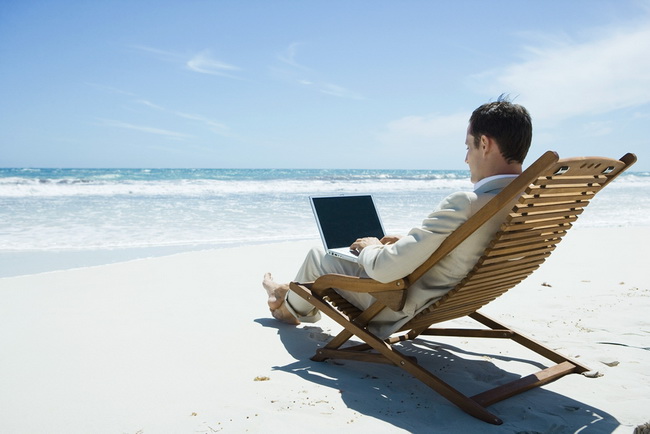There are various industries associated with the travel industry. They are switching over to virtual travel to accommodate for their impending losses. The airline industry is one of the earlier adopters of virtual technology.
The new wave of the pandemic has put a halt to major travel plans and has forced all the travel enthusiasts to be quarantined within the four walls of their homes. For the next few coming months, travel seems to be a difficult option since the vaccine against COVID-19 has still not been out in the market. Domestic travel has seen some growth during this pandemic as people are retreating to very quiet and less crowded places on the outskirts of the cities to spend their weekends yet the majority of travellers are not risking to travel for the fear of contracting the virus.
The lockdown can prove to be a very mundane and boring experience for travel enthusiasts. For those who are interested in betting and gambling can find respite in online casinos and play a variety of games ranging from mobile slots, poker to roulette, blackjack, live baccarat etc. to kill their boredom. But for others, they have to find other ways to satiate their wanderlust.
As the saying goes “every cloud has a silver lining”, thanks to the advancement in technology and live-streaming features, people can now travel to different places from the comfort of their homes. This recent fad is called virtual travelling or virtual tours or virtual tourism. Big travel companies and hospitality industries are tapping on the potential of the growing virtual travel industry.
Real-life travel experiences
In a very recent interview, the head of Airbnb Experiences Ms Catherine Powell expressed her optimistic views on virtual travel. She said that virtual tourism can provide ample opportunities for travellers to connect with a thriving global travel community. Airbnb has smartly capitalised on virtual tourism. They are offering opportunities for travellers to experiment with different activities like virtual bike tours, Korean beauty classes, meditation sessions with Buddhist monks, Moroccan cooking sessions, etc. Travellers do not have to spend a single dime and can relish such experiences for free.
The Marriott Hotel, which is the largest group of hotels, has collaborated with Oculus Rift, to offer travellers immersive and authentic virtual touristic experiences to beautiful and exotic destinations. The VR technology developed by the University of Tokyo is encouraging the elderly population of Japan to take a virtual trip to their favourite countries. The objective of this technology is to create a positive effect on the mental health of elderly people of Japan.
Big tech companies are also taking advantage of virtual tourism. Google Arts and Culture, with their mapping technology, are offering 360-degree virtual tours to significant historical and cultural sites like Machu Picchu, the Sphinx, Great Wall of China, Taj Mahal etc. With Google Street View, travellers can recreate a trip and virtually travel to their favourite destinations.
A viable alternative to the uncertain travel industry
For the time being, the virtual tourism industry is acting as a suitable alternative to the conventional travel industry. Forbes has predicted that the travel industry will generate an approximate loss of 50 million jobs. The only way to resolve this issue is to actively promote destinations and experiences. Virtual tourism can help in achieving this goal.
The virtual travel provides a 360-degree immersive, simulated experience of the travel destinations so that the travellers can feel they are actually present at that place.
There are various industries associated with the travel industry. They are switching over to virtual travel to accommodate for their impending losses. The airline industry is one of the earlier adopters of virtual technology. They are using it to entice passengers. Skylights is the first airline company that has launched the virtual lounge entertainment service. People can have access to 250 hours of online content, TV shows, movies and documentaries in 2D, 3D, HD and 360-degree format. Other airlines like British Airways, Air France, Garuda Indonesia have launched a similar feature in their entertainment category. VR technology is helping these airlines create points of differentiation for potential customers.
Travel agents are producing 360-degree VR videos on destinations, cruise liners, hotels, clubs etc. to advertise engaging and captivating experiences. Travel World VR, a travel company based out of New Jersey, has launched an iOS app that allows the travellers to immerse in 3D travel experiences of the popular tourist locations.































































































































































































